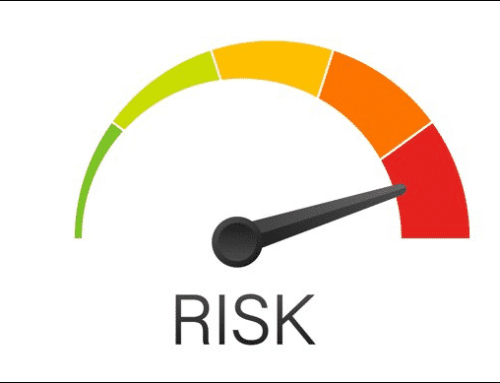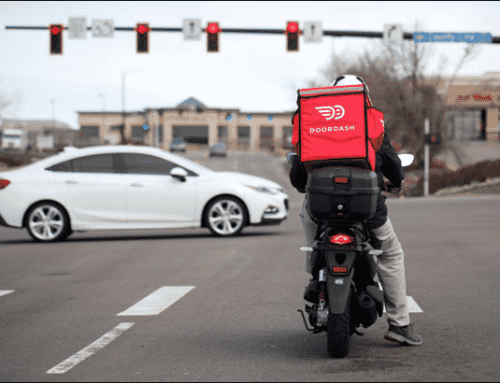After a car accident, an insurance adjuster will reach out and ask you for a recorded statement. The insurance adjuster will most likely be friendly and polite and will have a sympathetic ear when asking for the details of your accident.
However, be cautious before giving a recorded statement – it could cost you later on.
Adjusters will request a recorded statement to learn more about the accident, what or who caused it, and how it happened. Many people who were not at fault in the accident know they have nothing to hide and are willing to provide their side of the story to the adjuster. After all, the adjuster will likely tell them that the sooner they provide a recorded statement, the sooner they can process and pay out the claim.
All too often, however, recorded statements can be used against the victim in the car accident to diminish the claim value. Remember, you do not have to give a recorded statement when the insurance adjuster calls you.
In fact, you should first speak with an experienced car accident lawyer who can advise you on your specific situation.
Insurance Companies Are Not On Your Side.
The most important thing car accident victims need to remember is that the insurance company is not on their side. No matter how personable or kind the adjuster seems on the phone, they’re still working for a company with one goal: to maximize their bottom line.
Insurance companies can do this by reducing the amount they pay out in car accident claims. Every dollar added to the payout amount is a dollar taken from an insurance company’s profits.
Insurance companies will take recorded statements and use someone’s words against them to reduce a claim. They can do this by:
- Finding Inconsistencies in the recorded statement, the police report, statements you made at other times regarding the accident, and statements made during a deposition in a lawsuit. Even the smallest inconsistencies could be painted as lies by the insurance company.
- Misleading You into making statements that make it appear as if you don’t remember as much as you do. For example, they might say something like, “I guess the crash happened so fast it must be hard remembering everything that happened.” If you appear to agree with this statement in the recorded statement, they could claim you don’t remember what happened.
- Attempting To Trap You into answering questions in a way that makes it seem like you don’t know what happened, are guessing, or unsure. A recorded statement that makes you appear doubtful or uncertain will come back to hurt you later on.
- Making It Appear As If Your Injuries Aren’t As Bad As They Really Are. Remember, adjusters will reach out very quickly following the accident to request a recorded statement. You may not feel as much pain or the injuries might not seem as severe yet, but the recorded statement could reflect that you felt okay or were only experiencing a small amount of pain at the time. The insurance company will then use this to reduce your claim on the basis that your injuries are not as severe as they are.
It is in your best interest to wait to speak with a car accident lawyer before giving a recorded statement. They can advise you of your options and how you should proceed following the accident.
Contact An Atlanta Car Accident Lawyer Today
If you find yourself on the receiving end of a call from an insurance adjuster asking for a recorded statement, you have the right to say NO and to speak with a lawyer first.
Following an Atlanta car accident, contact the Rafi Law Firm for a free, no-obligation consultation about your case. We treat every client with honesty from the beginning and will handle the insurance company on your behalf. If we take on your case, you can rest assured that we believe we can win from the beginning, and there is never any risk to you.
Don’t let a recorded statement given to an insurance company affect your claim. Mike Rafi is here to help all of those who have been hurt by the recklessness of others and has the experience needed to take on large insurance companies that try to take advantage of victims in their time of need.
Let him help you today by calling 404-800-1156 to schedule a risk-free case evaluation.





